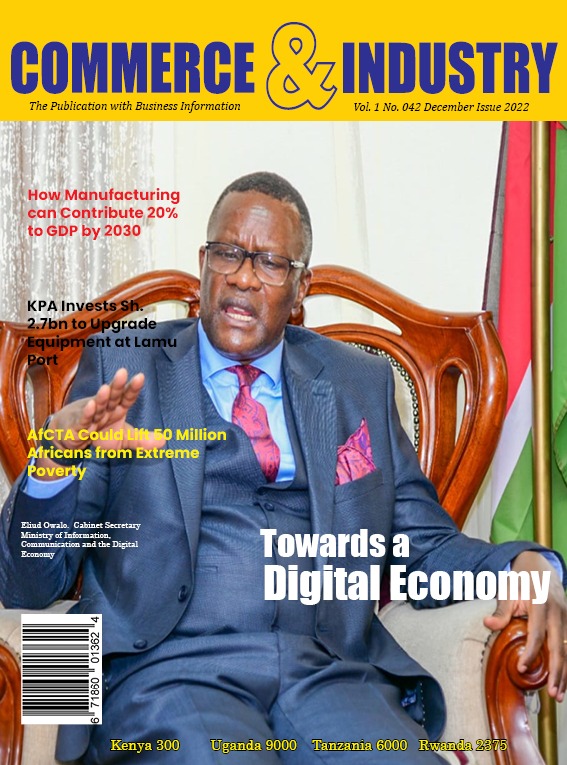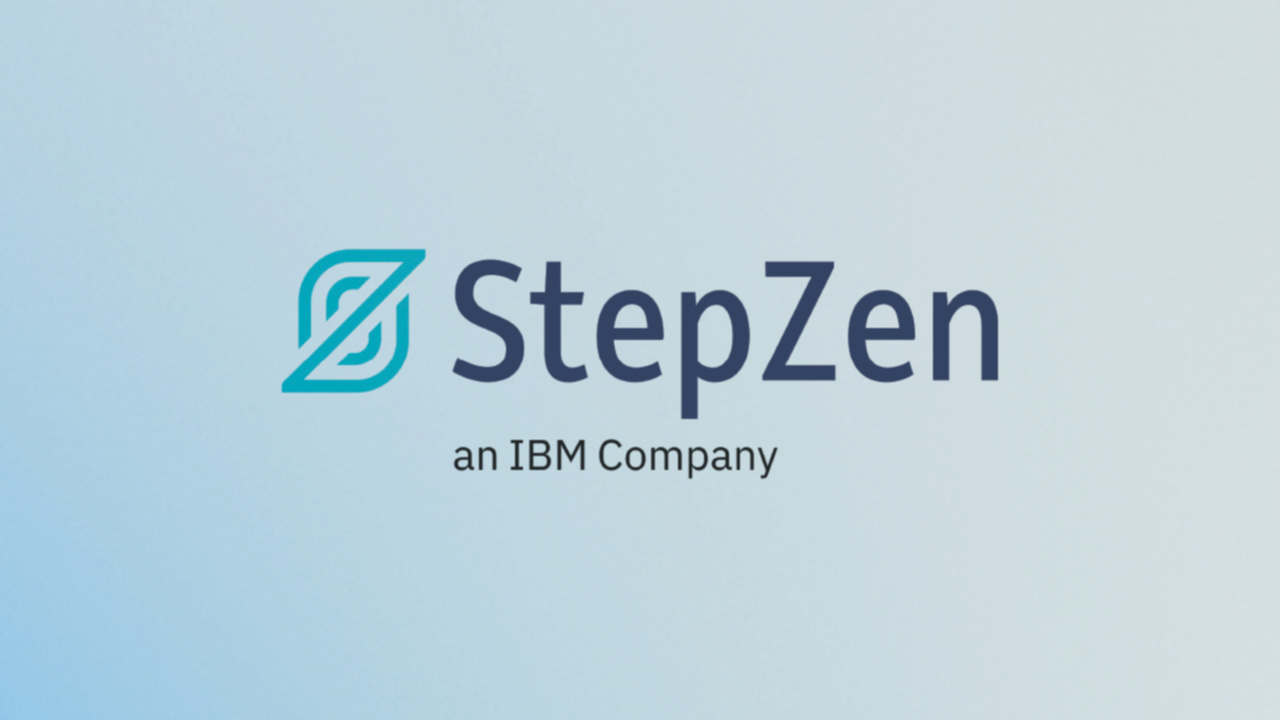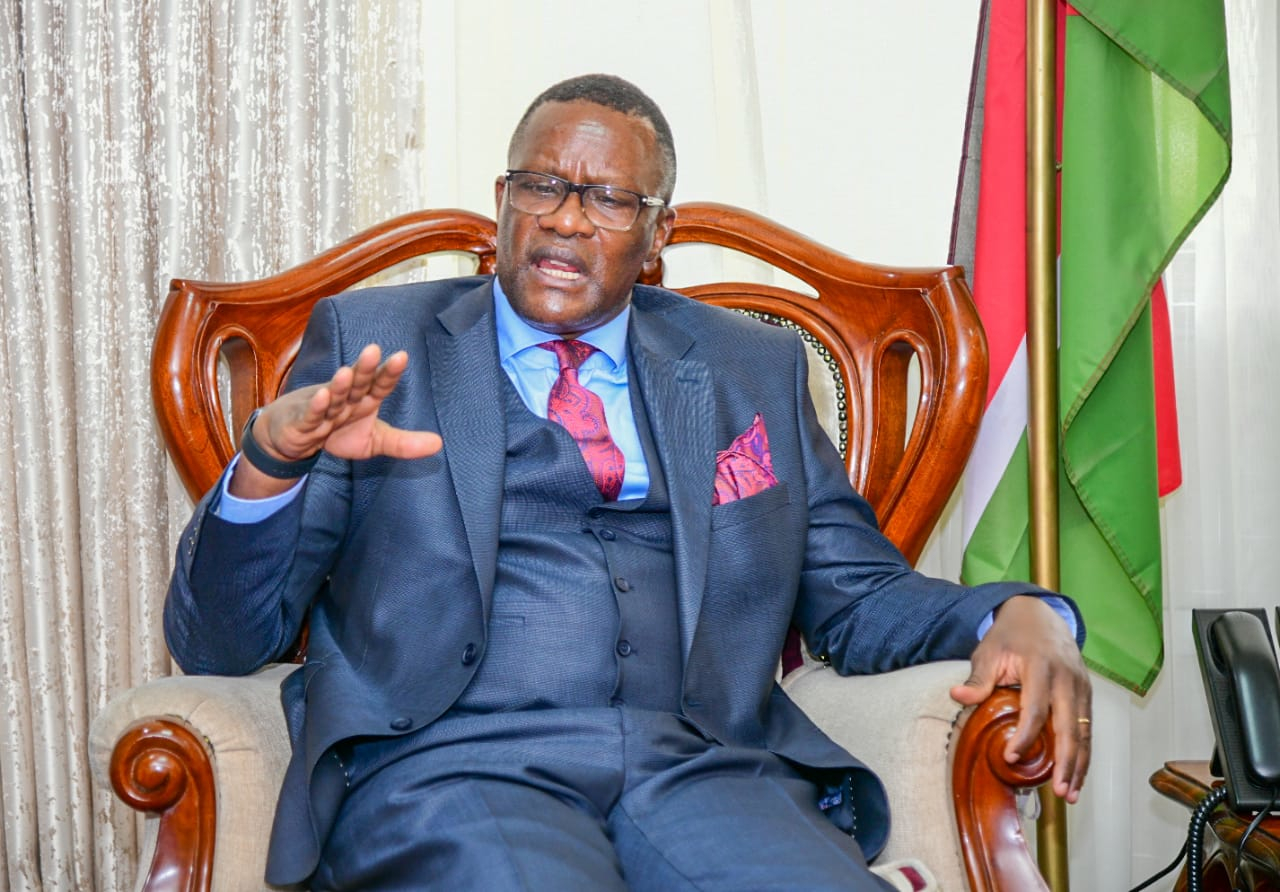
Kenya’s roadmap towards a digital economy
The importance of the digital economy has greatly increased as a source of innovation within the world economy and enhanced competitiveness. Through the Kenya National Digital Master Plan 2022-2032, a progression of the Master Plan 2014-2017, the blueprint seeks to leverage the contribution of ICT to spur economic growth. The Master Plan 2014-2017 was firmly grounded on the e-Government Strategy 2004, the first National ICT Policy of 2005 and The Master Plan 2013.
At the heart of Kenya’s roadmap to a Digital Economy are five pillars which are; digital infrastructure, digital government services, products and data management, digital skills, digital enterprises, innovation and businesses, policy, legal and regulatory. ICT is a crucial component of Kenya’s political, economic, and social development, which will hasten the achievement of Vision 2030.
The proposed Digital Economy Strategy significantly clarified the strategic path of Kenya’s growing digital economy. The growth of mobile money transfer such as MPESA, Airtel Money, T-Kash and Equitel are significant contributors to the country’s economy as well as banking applications and Unstructured Supplementary Service Data (USSD).
As part of digitization, Cabinet Secretary for Information, Communication and the Digital Economy Eliud Owalo says he will revitalize the Postal Corporation of Kenya (PCK) the CS noted the need to reposition the corporation in a competitive digital business environment.
ICT and Digital Economy CS Eliud Owalo held an exploratory session with the board of directors on how to revitalize and reposition the corporation in a competitive digital business environment.
CS Owalo emphasized what he called “transformational pillars” in an effort to awaken them. “Five transformational pillars to reform PCK have previously been identified. They are in the areas of: policy and regulatory environment; the corporation’s financial management; internal organization and governance; product and services; technology and innovation.
In accordance with President Ruto’s Kenya Kwanza manifesto, the new government plans to establish Kenya as an African digital hub. The plan, for which $400 million will be allocated, represents a broad tech strategy that will go as far as developing digital software with export viability.

This ambitious plan is a great achievement. The new administration’s grand plan on ICT will require concerted efforts to overcome a chain of challenges to realize the dream of making Kenya a local software development hub and market it globally as an epicenter of tech products, services and talent.
Kenya’s total fibre optic coverage is about 10,000 kilometres as of August 2022. [PHOTO/TAALAMU]
The President promised to lay 100,000 kilometres of internet fibre all over the country over five years. This move will continue to make inroads in internet connectivity that the former government kickstarted. One significant move will be to upgrade rural areas in all 47 counties from 2G and 3G networks to 4G to match with urban counterparts enjoying one of the highest internet speeds Kenya offers.
The government plans to help micro and small business to digitize their operations, by giving them access to free internet and support to build essential skills for businesses on the worldwide web.
Information, Communications and The Digital Economy (IC-DE) CS Eliud Owalo, while launching a free WIFI hotspot at the Nairobi’s City Market, urged the Small and Medium Enterprises sector to take full advantage of the digital hubs that the government is setting up across the country and join the E-commerce model.Owalo disclosed that the Kenya Kwanza Government intends to establish up to 25,000 free hotspots throughout the country, over the next ten years.
Part of the new administration’s ICT sector promises involves making 80% of government services accessible online. This move represents a significant transformation since many government parastatals and agencies still depend on legacy IT systems. Notably, previous administrations stored tons of data in conventional silos with no resolve to digitize them.
Therefore, digitization of government services thus requires upskilling and reskilling of public service staff to match modern technology demands to assist citizens access government services faster. Part of the proposed budgetary allocation will secure every government portal against malicious hacks and cyber-attacks. Hackers infiltrated a total of 18 sensitive government sites.
Frontier technologies are those that use digitization and interconnectivity. These include artificial intelligence (AI), the internet of things, blockchain, robots, drones and gene editing.

By 2025, the market for frontier technologies might reach over $3.2 trillion, up from the current $350 billion. Northern America and Europe have the most prepared economy for these quickly evolving technologies, whereas sub-Saharan Africa and other emerging nations score poorly on preparedness.
Ruto has pledged to execute the frontier’s digital master plan for 2022-2031. The plan advocates for using frontier technologies like blockchain, artificial intelligence (AI), and quantum computing. This is a significant development since the previous government showed no evidence of implementing the blockchain and AI taskforce’s recommendations from three years ago to deploy the technologies in all sectors to harness the nation’s digital potential.
The Kenya Kwanza administration has pledged to reduce education costs and increase the research funding from 0.8% to 2%, the administration also has plans to set up a one-year paid internship for all university students. Under the project to develop ICT, the government will have the task of plugging the new coding program into the school curriculum.
Kenya is a strong leader in the information, communication and technology space. We are the proud regional and continental hub of innovation. We have the appropriate policy framework, constitutionally protected freedom of expression, media information and communication to dominate this area.








